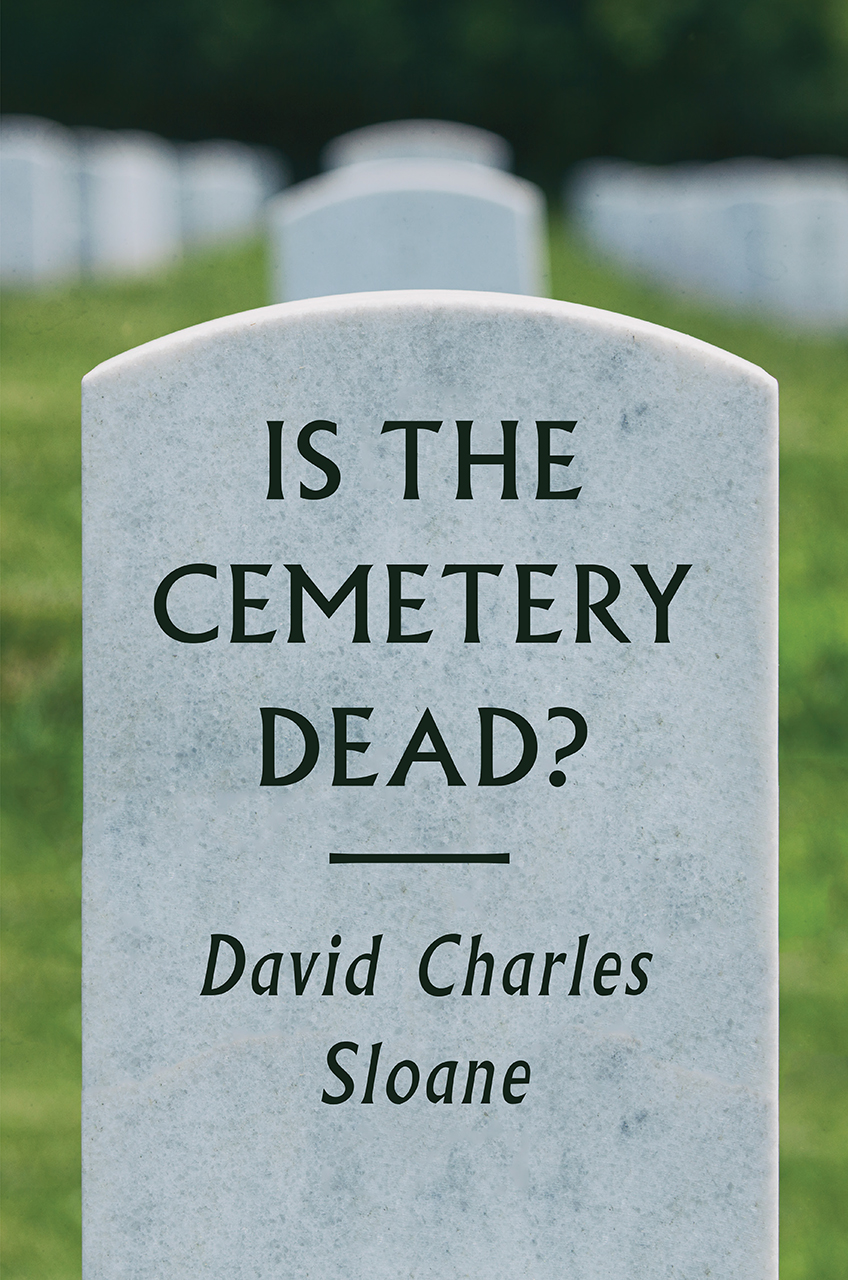EP 320 Secondhand: Travels in the New Global Garage Sale
One man’s junk is another mean’s treasure. How that item gets from the person who doesn’t want it anymore to the person who needs it is a global phenomenon. No one can tell the tale and explain this multi-billion dollar business better than Adam Minter, author of ‘Secondhand’ and his previous book, ‘Junkyard Planet’. Through his writing we discover the attachment that many of us have to our stuff and how wrenching it is for the rapidly aging Boomer population to part with all that they have accumulated. In a sense, he notes, we’re a global citizenry of hoarders. It’s just that it’s often more pronounced in America where disposable incomes are higher and homes are larger. So if you’re one who likes tag sales, flea markets, used book stores, Goodwill shops and vintage clothing outlets, this podcast will place you among the colorful characters who get as much satisfaction meeting other people in this ‘treasure hunt’ as they doing making something old new again in our disposable society.
Podcast: Play in new window | Download








